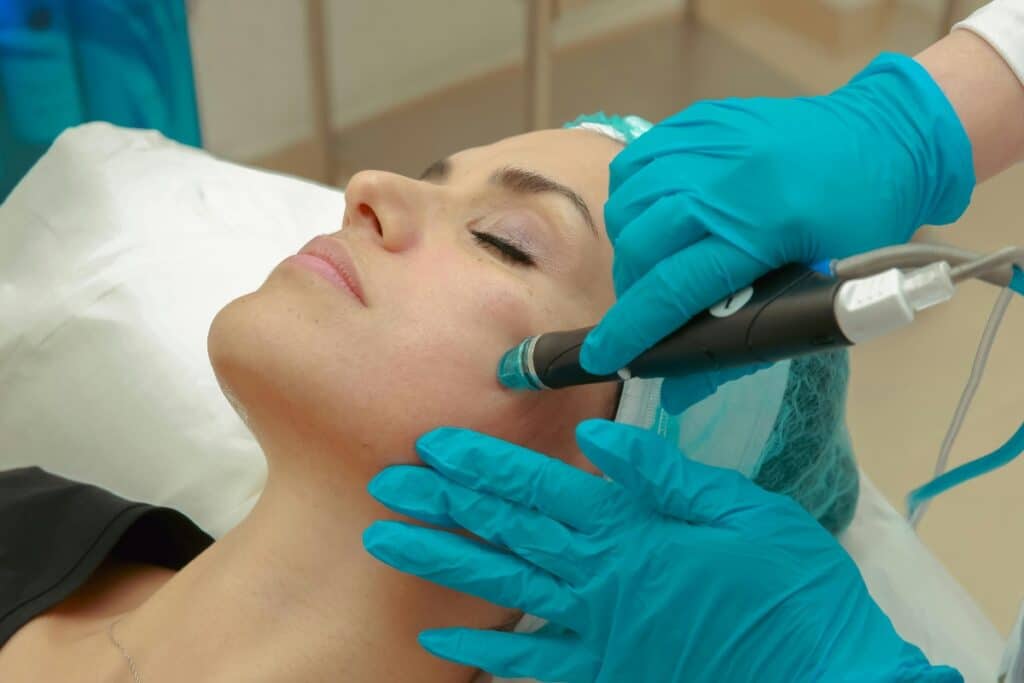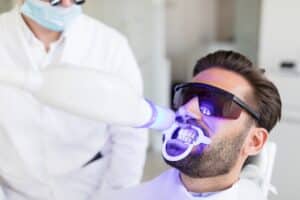Ear pain is most often a subtle and persistent pain. The majority of individuals unwittingly attribute this pain to ear infections or sinus infections. However, ear pain can also be a sign of a more complex condition, TMJ disorder. Temporomandibular joint (TMJ) disorders will create referred pain in the ear without patients being cognizant of what is truly amiss.
Misdiagnosis is rampant, and treatments for ear infections can prove ineffective in alleviating the pain. Most people can never consider TMJ disorder treatment for their earache, and thus, they might not receive proper treatment until their symptoms get worse.
What Is TMJ Disorder?
TMJ disorder is a disability of the temporomandibular joint, which connects the jawbone to the skull. It could result in jaw pain, clicking, and limited jaw movement. Some of the usual symptoms are jaw pain, headache, dizziness, and ear fullness.
The TMJ disorder pain in the ear is typically confused with an infection of the ear or the sinuses. When the jaw joint becomes irritated or loses its alignment, it creates pain that travels to the ear. Even though most people focus on the more prominent signs, ear pain is often overlooked as part of TMJ disorder.
How TMJ Disorder Causes Ear Pain
The fact that the temporomandibular joint is near the ear canal causes pain in the ear to be a frequent symptom of TMJ disorder. The jaw joint and muscle are near the structures of the ear.
Muscle tension and inflammation can impact the ear when they arise. Jaw misalignment or grinding teeth can exacerbate pain. Teeth grinding and jaw clenching, most often as a result of stress, lead to tension in the jaw muscles and cause referred pain in the ear.
Malposition and improper posture also predispose one to the condition, with discomfort being a constant problem. In individuals who intend to seek TMJ disorder treatment in Haltom City, knowledge of the causes is key when dealing with the root cause.
Other Symptoms to Watch For
In addition to earache, TMJ disorder treatment yields a range of symptoms. Stiffness or pain in the jaw, inability to close or open the mouth, clicking or popping on jaw movement, tension, and headache are typical presentations for which most patients present.
Fullness of the ear, commonly misdiagnosed as an ear infection, is also common. Dizziness accompanies TMJ symptoms and, hence, makes it even harder to diagnose.
Since these symptoms cross over with other conditions like sinus infections, it’s best to have a professional evaluation. When you find multiple signs of TMJ disorder, obtaining an early diagnosis and treatment will help reduce pain.
When Do You Need to See a Doctor?
When ear pain becomes constant or worsens, you must visit a doctor. Treatment of TMJ disorder must be investigated, especially if the pain will not abate with standard treatments for ear infections.
A professional doctor can help decide whether the earache is a joint condition or an infection. Accurate diagnosis will prevent future pain and improve your overall quality of life. A visit to the dentist or TMJ specialist is essential for a thorough analysis. Early treatment of the appropriate TMJ disorder can play a major role in preventing future complications.
How TMJ Disorders Are Diagnosed
Diagnosis of TMJ disorders typically involves a mix of physical examination, X-rays, and MRIs. Your doctor will also check the motion of the jaw and test for irritation or malalignment. Advanced-level imaging scans may help indicate damage or malfunction of the temporomandibular joint.
In some cases, specific tests are done in an effort to target jaw and ear joint function. If there is ear pain and other TMJ symptoms, a careful evaluation is required for the right diagnosis and to ensure proper TMJ disorder treatment in Haltom City.
Treatment Options for TMJ Disorder and Ear Pain
There are plenty of treatment options for TMJ disorder to reduce ear pain and restore jaw function. Conservative treatment strategies, such as heat or cold packs and relaxation methods, will alleviate muscle tension. Pain medications, anti-inflammatory drugs, and muscle relaxants may help manage pain.
Physical therapy and jaw exercises can make the jaw move more smoothly. Night guards or mouth splints give protection to those who grind their teeth. More severe cases may need surgery. All of these treatments depend on the individual to give them the best relief.
Ear pain is more than just discomfort. It may be a sign of TMJ disorder, which needs professional treatment. Early diagnosis and TMJ disorder treatment can help manage symptoms dramatically and prevent further complications.
If you suffer from recurring ear pain or other symptoms, don’t hesitate to seek consultation. Have a consultation with us to get the right diagnosis and treatment. Treatment of TMJ disorder early will result in an easier and painless future.





